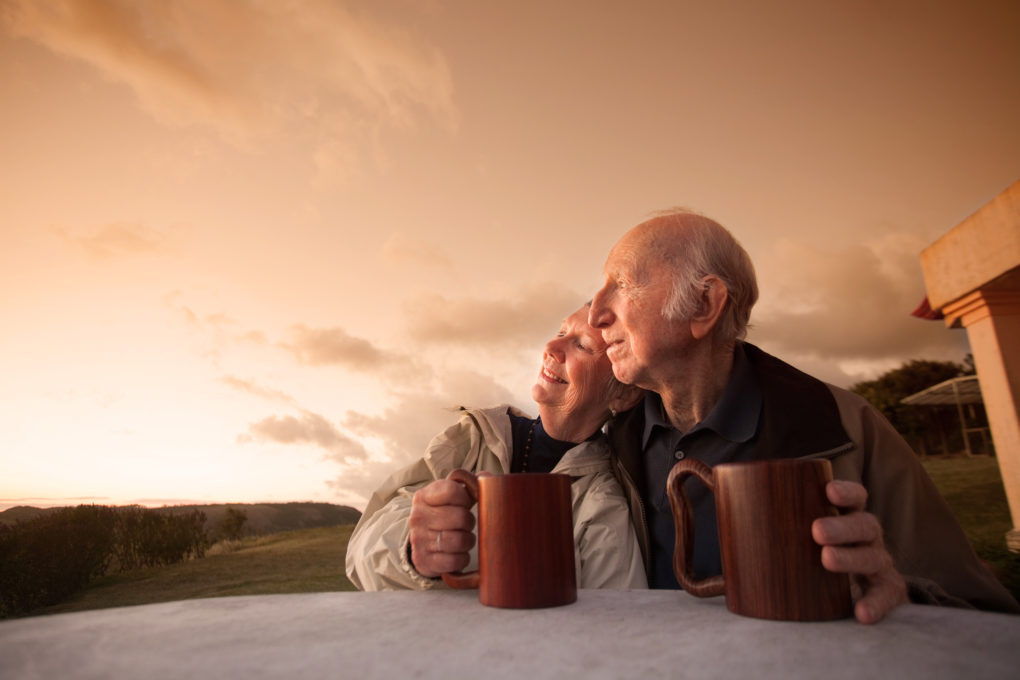As you already know, people over 60 are at higher risk for having complications if they contract COVID-19. And you surely know about the advice or orders to stay at home and self-isolate at this time to avoid risking infection. Even your grown children and grandchildren should not be popping over for visits.
If you are self-isolating, there are a number of things you can do to keep yourself healthy by following this advice from the Centers for Disease Control, the World Health Organization and the American Association of Retired Persons (AARP):
Stock up on medications – Keep your regular medications and other supplies well-stocked. Given the vulnerability of older individuals and those with chronic conditions, the CDC recommends that you have access to several weeks of medications and supplies if you are staying home.
Monitor food and other medical supplies and create a plan for restocking regularly. For families, know what medications your loved one is taking and see if you can help them have extra to hand.
Stay sanitized – Washing your hands often with soap and water for at least 20 seconds is a top recommendation, particularly if you have left the house to run an errand. Also, when you are out, make sure to carry hand sanitizer or disposable alcohol hand rubs for the times you can’t wash your hands. Ensure your home is clean and wiped with disinfectant regularly, with particular attention to electronics.
Multi-generational living situations – Households, like communities, may be multi-generational, with different people at different levels of risk residing under one roof. Everyone in the household should consider the risks of all its members. Families can institute changes now by not sharing personal items like food, water bottles and utensils.
If possible, choose a room in your home that can be used to separate sick household members from those who are healthy. If feasible, also choose a bathroom for the sick person to use.
Have caregiver plans – You may be a caregiver or may receive care yourself. Caregivers and care recipients should discuss their preparation plans, including how to stay in touch via phone or e-mail. Determine who can provide you with care if your caregiver gets sick.
Communicate with providers and those close to you – Talk with the people who need to be included in your plan. You may need to ask for help if you become sick. Meet with household members, other relatives and friends to discuss your response should COVID-19 infections occur in your community.
If you live alone, you should have plans in place, even prior to the onset of any symptoms, for friends, family and health care providers to safely check on you and provide help if you do develop symptoms or become sick.
Stay informed-The situation with COVID-19 is changing rapidly. Keep up to date about announcements from your state and local officials as well as broader guidance from the CDC. You can get a lot of up-to-date information on the AARPs website, as well.




